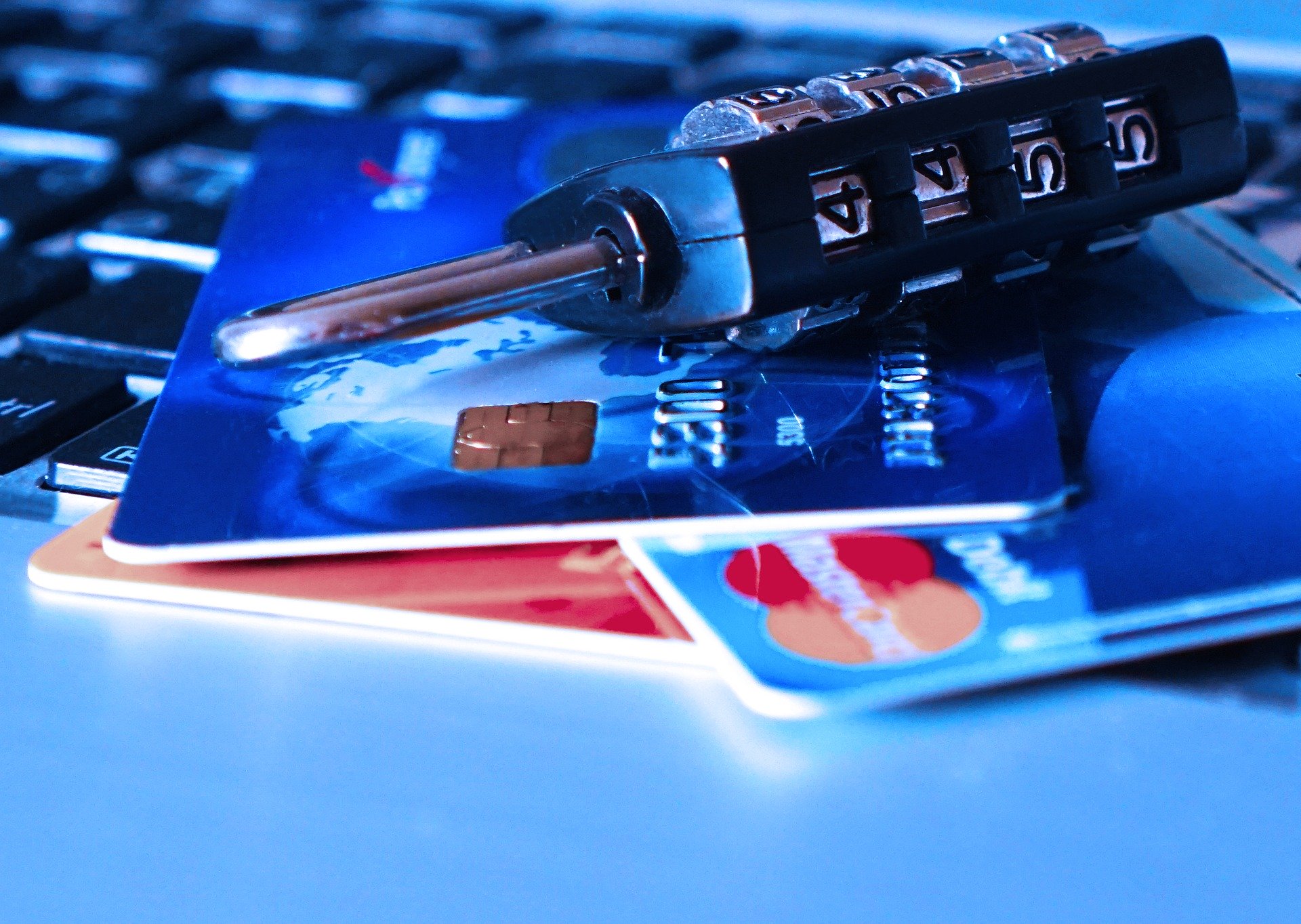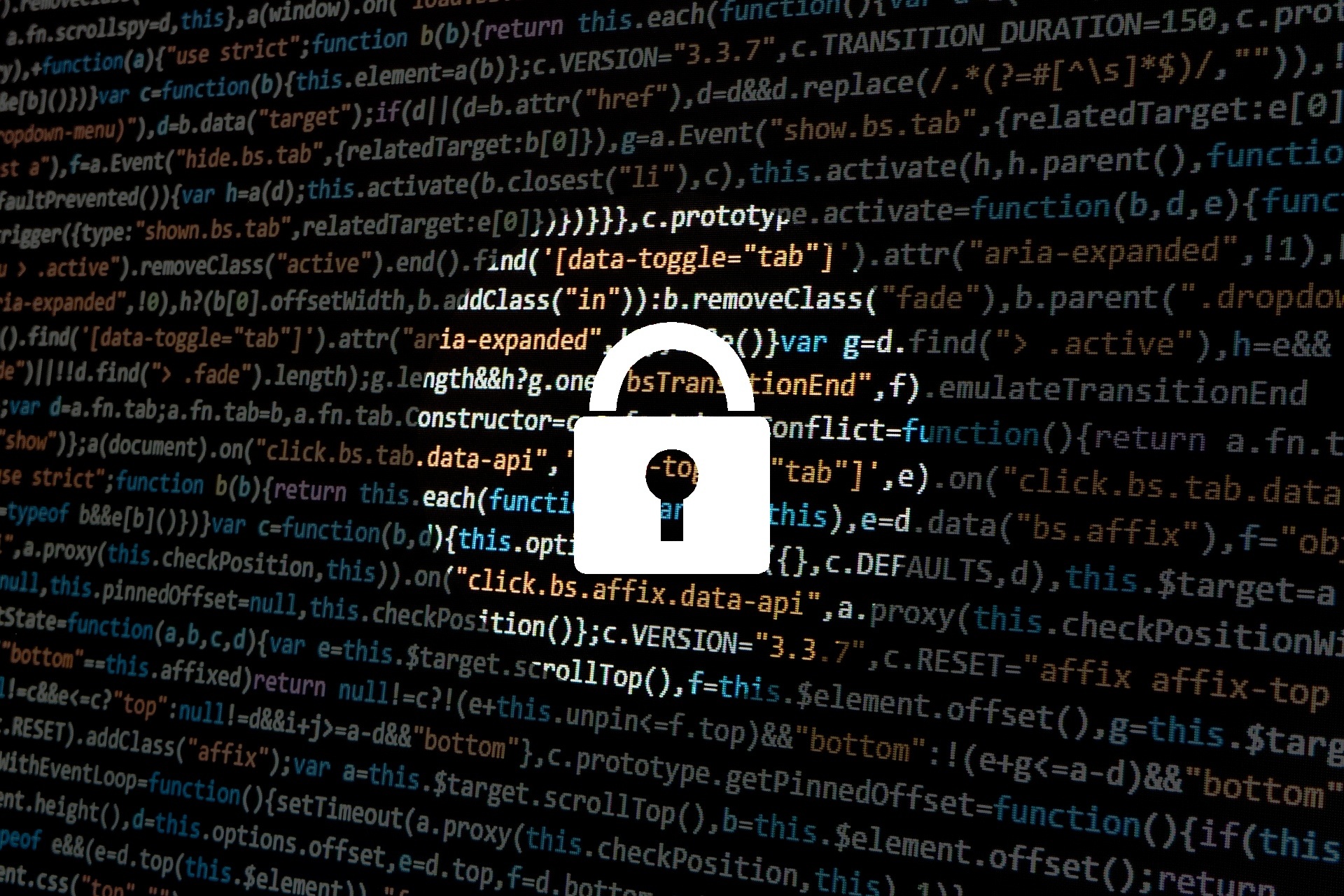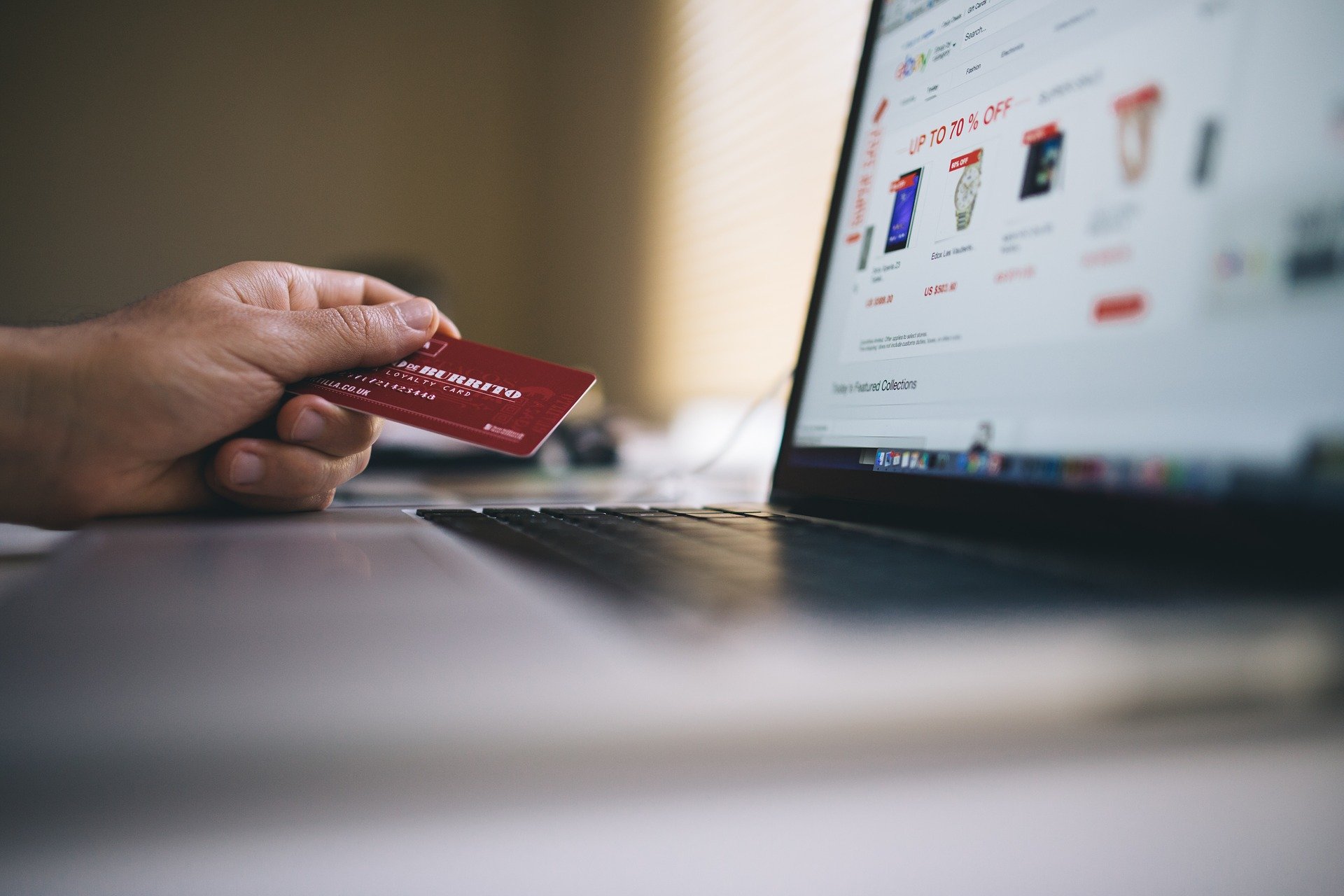In a world that grows more digital every day, data privacy is gaining prominence.
Massive data hacks are becoming commonplace events at some of the largest companies. Millions of consumers have been affected by these data breaches.
How can you know if you’re one of them and what can you do to protect yourself? Read on to find out.

In 2019, some of the world’s largest companies were rocked by enormous data breaches. The top 5 largest breaches affected more than 500 million users. Across the past decade, there have been billions of victims around the world.
When a company’s internet security is bested by attackers, user data is compromised: social security numbers, bank accounts, credit cards, and more. It’s an extremely distressing situation with potentially devastating financial consequences.
Worse still, most data breaches take place many months before they are discovered. There is an ample window of opportunity for criminals to make their move.

Companies understand the cost these issues have on consumer trust. If people find companies (or the entire financial system) unreliable, they stop spending. When spending is curbed, the economy shrinks, and companies suffocate.
Before things get to that point, companies have taken actions to clean up their mess. These generally involve cash settlements or free credit monitoring. These modest reparations offer little comfort to people wiped clean by data breaches, though.
The authorities have also taken steps in light of this rise in massive beaches. Large corporations found to be negligent in their data protection duties have received record-setting fines.

The numbers are intimidating. If you’re feeling anxious and want to check if you’ve been breached, there are online tools to help. There are also registries of websites and accounts compromised by data breaches.
If you fear you’ve been a victim of a data breach, protecting yourself against credit card fraud is the next step. There are several measures you can take, from keeping your finances offline to learning more about scams.
Prudence is useful, but there is no substitute for being savvy in security matters. Learning how to stay safe in the digital age is essential to financial stability.

Data breaches are scary, and their consequences can be dramatically destructive. Demanding more from our companies and authorities is crucial to procure better protections for our data.
Still, nothing beats being well prepared. Becoming familiar with the ways credit card scammers operate can help keep your data safe.